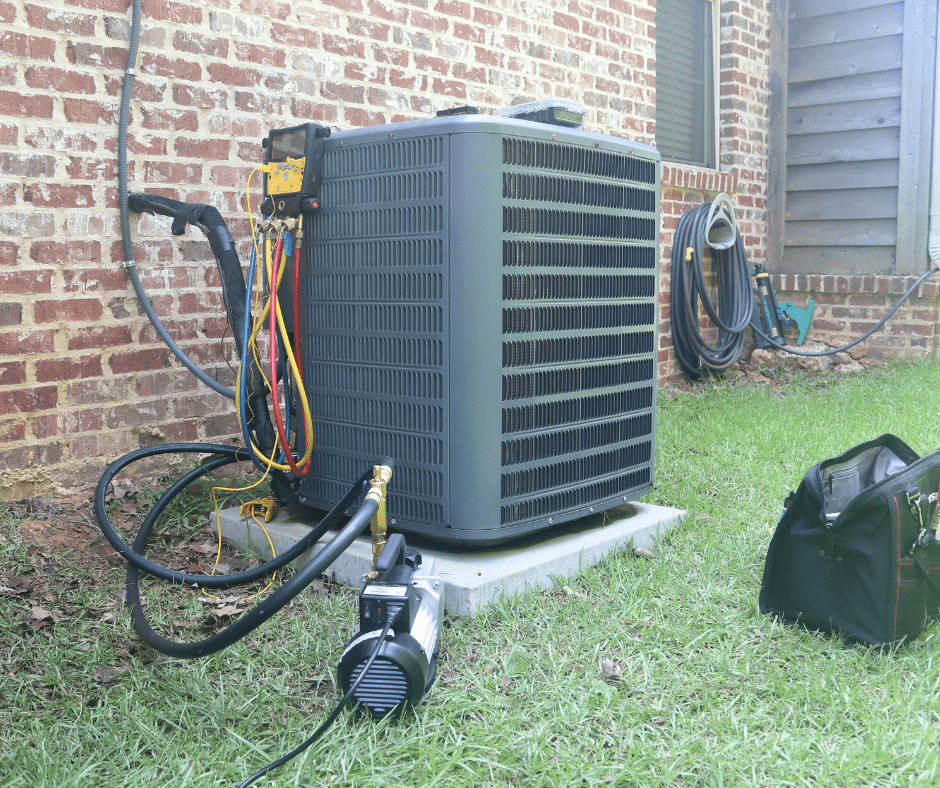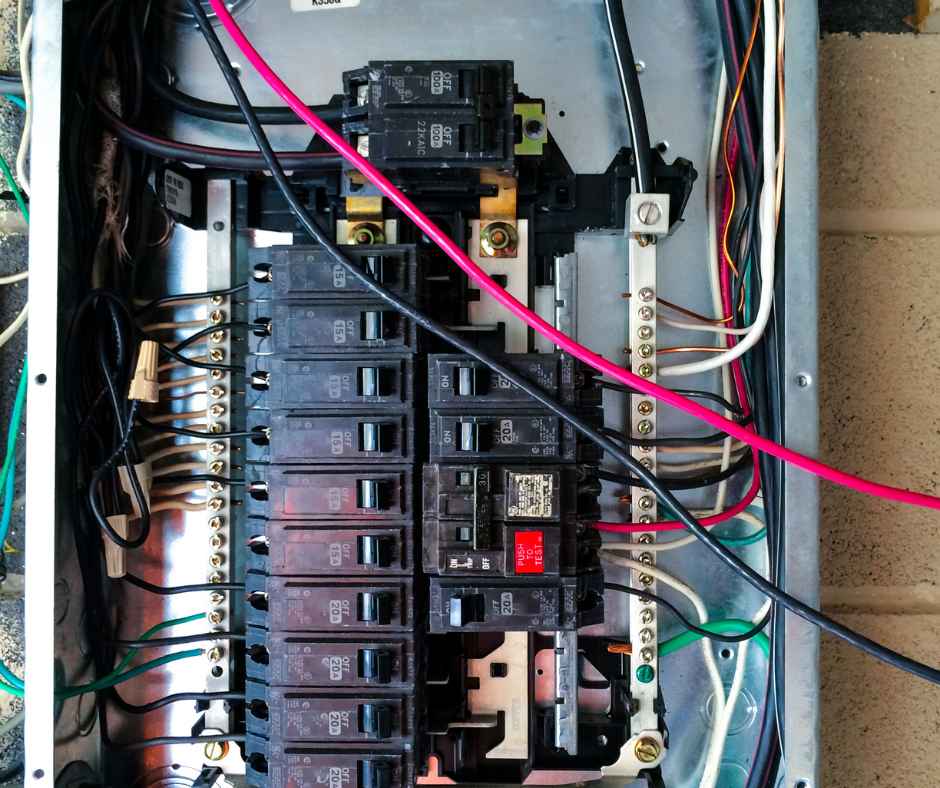Mega Furnace Tune Up FOR $99! BOOK NOW
Lightning Strikes & Surge Protection in Atlanta

Lightning is one of the most powerful forces in nature. It also has the potential for being one of the most dangerous.
A single bolt of lightning can carry over 100 million volts of electricity. Each year, thousands of homes and properties are damaged or destroyed by lightning strikes. With one direct hit, it can:
- Rip through a structure and destroy roofs, chimneys, brick, concrete, and ignite a fire
- Hit a tree or powerline and send surges inside the home
- Enter the home through cable lines, phone lines, weather vanes and satellite dishes
Here in the US, most homes use electrical power in the form of 120 volt, 60 hertz, single phase alternating current. However, the current doesn’t flow at a constant 120 volts. Instead, voltage rises and falls in a rhythm between 0 and 169 volts.
We build appliances and electronics to handle this fluctuation. But during a power surge, the voltage can climb well beyond the 169 volt maximum. And when that happens, the heat generated can damage electronics and fry components.
But lightning is far beyond a normal power surge you may receive from a problem with the utility line. Because of the power behind a lightning strike, many choose to install a full-fledged lightning protection system that includes rods, cables, and solid grounding. Even with that in place, other things can happen.
Like side flashes. Side flashes occur where all or a part of the lightning will jump across an area to reach ground – from an electrical wiring system to a well-grounded water pipe for instance. Anything in its way – your computer, your television, your sound system – will be damaged in the process.
UPS and surge protection devices are available and in the marketplace, “guaranteeing” you protection for surges and lightning strikes. However, this can be a little misleading. In some cases, they will offer protection. If they are in the direct line of fire, nothing can detract a direct or very close strike.
That doesn’t mean you shouldn’t take surge protection seriously. All of your appliances and electronics should be protected with surge protection devices. Installing a whole-house surge protection system will protect you from the majority of surges that occur through the power lines on a regular basis.
How would your home benefit from a whole-house surge protection system?
Heater on the fritz? Frustrated with plumbing problems? R.S. Andrews is just a call away!





